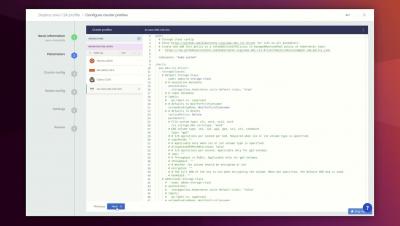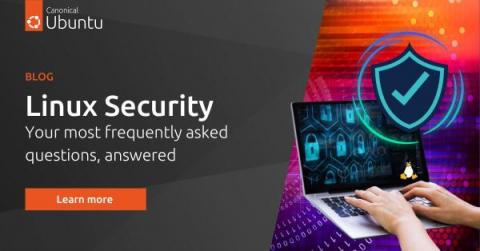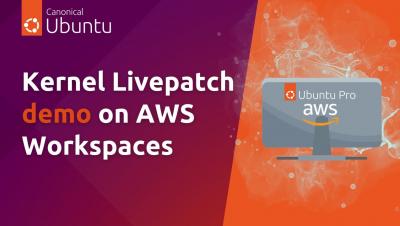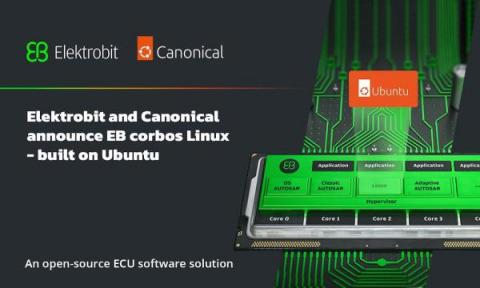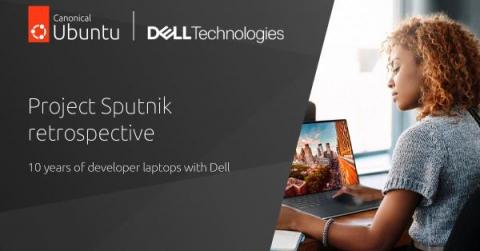What is real-time Linux? Part I
Welcome to this three-part blog series on real-time Linux. Throughout the series, we will assess the key features of a real-time system. We will understand how a real-time capable Linux kernel differs from mainline, and touch upon the performance trade-offs you should consider when choosing real-time versus a low-latency kernel, for instance.




